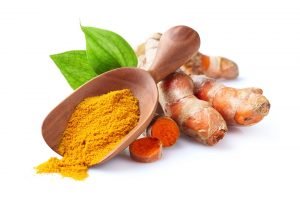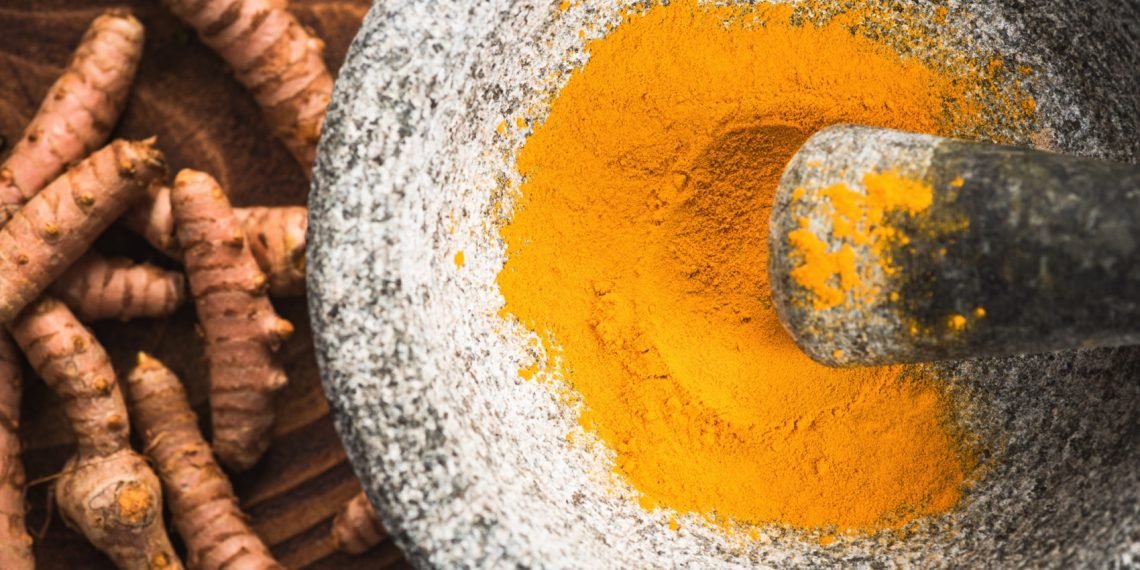Turmeric and curcumin have gained immense popularity for their health benefits. In this comprehensive guide, we will explore the uses and advantages of turmeric supplementation while addressing the most commonly searched questions.
Turmeric and Ginger – A Dynamic Duo
Turmeric and ginger are botanical powerhouses known for their potential health benefits. Turmeric contains curcumin, a compound with potent anti-inflammatory properties, while ginger provides digestive support and may help alleviate nausea. Combining these two spices in various recipes can offer a delightful flavor profile and potentially enhance their individual benefits.
Turmeric and Black Pepper – Enhancing Absorption
Curcumin, the active compound in turmeric, has low bioavailability on its own. However, combining turmeric with black pepper, which contains piperine, can significantly enhance curcumin absorption. Piperine inhibits certain enzymes in the liver and intestines, increasing curcumin’s bioavailability and improving its therapeutic potential.
Turmeric Pickles – A Flavorful Delight
Turmeric pickles are a delicious way to enjoy the flavor and potential health benefits of turmeric. These pickles are typically made by combining fresh turmeric, vinegar, salt, and spices. The tangy and aromatic result can be a wonderful addition to sandwiches, salads, or as a condiment on its own. It’s important to note that commercially available pickles may not provide the same health benefits as homemade versions.
Turmeric Supplements – Unleashing the Potential
Turmeric supplements offer a convenient way to incorporate curcumin into your daily routine. They provide a standardized dose of curcumin, ensuring consistent intake of this beneficial compound. Turmeric supplements are commonly used to support joint health, promote a healthy inflammatory response, aid digestion, and support overall well-being. However, it’s important to choose high-quality supplements from reputable brands to ensure purity and efficacy.
Safety of Turmeric Supplements – What You Should Know
Turmeric supplements are generally considered safe when taken as directed. However, it’s crucial to consult with a healthcare professional, especially if you have underlying health conditions or are taking medications. Turmeric supplements may interact with certain medications or have mild side effects, such as gastrointestinal discomfort or allergic reactions. Your healthcare provider can guide you on appropriate dosage, potential interactions, and any precautions to consider.
The Many Uses of Turmeric – From Ancient Times to Today
Turmeric has a rich history of traditional use in various cultures around the world. It has been utilized for its culinary, medicinal, and ceremonial purposes. In Ayurveda, the ancient Indian system of medicine, turmeric has been valued for its potential benefits in supporting digestion, promoting healthy skin, and as an overall tonic. Today, turmeric is widely used in cooking, traditional medicine, and as a supplement for its potential health benefits.
How Much Turmeric Per Day? Finding the Optimal Dosage
The appropriate dosage of turmeric depends on various factors, including the form of turmeric consumed (fresh, powdered, or supplement) and individual health considerations. As a general guideline, consuming around 1-3 grams of turmeric powder per day is commonly recommended. However, higher dosages may be required for specific health conditions or when using standardized curcumin supplements. It’s best to consult with a healthcare professional for personalized dosage recommendations.
The Magic of Turmeric Powder
Turmeric powder is a versatile ingredient that can add both color and flavor to a wide range of dishes. Its warm and earthy taste complements various cuisines and can be used in curries, soups, stir-fries, or even as a seasoning for roasted vegetables. Beyond its culinary uses, turmeric powder offers potential health benefits due to its curcumin content, making it a valuable addition to a well-rounded diet.
Turmeric Milk – A Golden Elixir
Turmeric milk, often referred to as “golden milk,” is a soothing and nutritious beverage that has been enjoyed for centuries. It combines the goodness of turmeric with milk (or a plant-based alternative) and often includes other spices like ginger, cinnamon, or black pepper. This warm and comforting elixir is known for its potential anti-inflammatory and antioxidant properties, making it a popular choice for promoting overall wellness.
Curcumin and Turmeric – Exploring the Connection
Curcumin is the main bioactive compound found in turmeric, responsible for many of its potential health benefits. It possesses potent antioxidant, anti-inflammatory, and immune-modulating properties. While turmeric contains only around 2-5% curcumin by weight, curcumin supplements can provide higher concentrations of this beneficial compound. However, it’s important to note that curcumin is just one component of the complex mixture of phytochemicals present in turmeric, and other compounds may also contribute to its overall effects.
 Culinary Delights
Culinary Delights
Unlock the Flavorful Duo: Turmeric & Ginger in Your Recipes.
Embrace the Golden Wonder of Turmeric Today!
Read More
Conclusion
Turmeric and curcumin offer a wide range of potential health benefits, from their anti-inflammatory and antioxidant properties to their role in promoting overall well-being. Whether incorporated into your cooking, consumed as supplements, or enjoyed in various preparations like turmeric milk, these golden wonders have much to offer. As with any dietary consideration, it’s advisable to consult with a healthcare professional to determine the best approach for your specific needs.

















